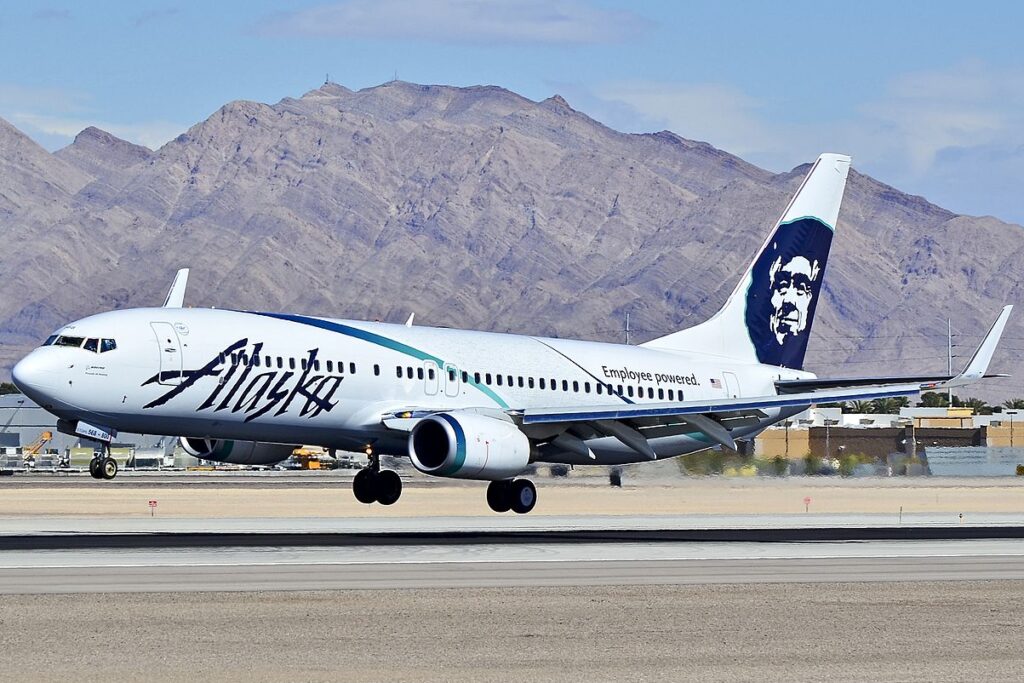
Skift Take
It’s still early days, but most of the experiments with AI are focused on improving customer service and increasing the efficiency of flight operations.
A growing number of travel brands — including some in the airline industry — are looking at ways they can get the most out of artificial intelligence. Five aviation executives recently told Skift about what AI is doing — and can do — for their businesses.
So how is AI impacting airlines?
We posed the question to our artificial intelligence chatbot Ask Skift, which used information appearing in our past news coverage and research. We also did additional reporting on the subject.
What Ask Skift said:
AI is significantly impacting the airline industry in several critical areas, leading to transformative changes in operations and revenue management. Key impacts include:
Revenue Management and Pricing Models: AI and machine learning (ML) are being implemented to enhance revenue management processes. This includes better demand forecasting, advanced pricing models, and improved customer segmentation. By leveraging AI, airlines can optimize inventory and personalize customer offers, which is expected to open billion-dollar opportunities.
Ancillary Revenues: AI is also driving an increase in ancillary revenues — additional revenues from services like baggage fees, seat selection, and in-flight purchases. This focus on ancillary revenues represents a multi-billion-dollar opportunity for airlines to enhance their overall profitability.
Customer Experience: According to a survey, 61% of airline industry decision-makers believe that AI will have the most significant impact on delivering personalized customer offers and experiences. This personalization is key to improving customer satisfaction and loyalty.
Operational Efficiency: AI helps airlines manage pricing, demand, and logistics more effectively, especially in today’s volatile environment. AI solutions enable airlines to leverage data for better business planning and more accurate forecasts, reducing the risk of disruptions and enhancing operational efficiency.
Total Revenue Optimization: About 23% of industry decision-makers see AI’s most significant impact in total revenue optimization, which includes fare, ancillary, and third-party pricing decisions. This holistic approach ensures that airlines can maximize their revenues across all streams.
Overall, the adoption of AI and technology is expected to revolutionize the airline industry, providing immense benefits to both airlines and passengers.
Ask Skift Is the AI Chatbot for the Travel Industry
Go deeper into the business of travel with Skift’s new AI chatbot.
What else you need to know:
Combatting waste: Airlines are looking at AI as a vehicle to help reduce waste, especially since taking fewer items onboard across thousands of flights can save a large amount of money and benefit sustainability campaigns.
KLM is one carrier bullish on AI as a tool to cut down on waste.
“We already have a team working on AI and they’re using it to reduce waste and weight on board for catering,” said CEO Marjan Rintel. “We are learning exactly how much we need to bring on board and using AI to find out which meals are the favorites. This allows us to adjust our ordering which is already reducing a lot of waste.”
Meanwhile, United Airlines is using AI to assist travelers worried about missing a connecting flight. The company has implemented AI technology called Connection Saver to help provide flyers information about the next step of their journey.
Connection Saver identifies departing flights that can be held for connecting customers. The technology analyzes thousands of pieces of data in real-time to answer questions such as which planes to hold, where to send cabin crew and whether planes need to switch gates.
The tool can also send passengers — who opted to receive notifications — a personalized text detailing where the gate for their connecting flight will be and how long it will take to get there.
And American Airlines uses Smart Gating technology — which automatically assigns flights to the nearest available gate — to ensure aircraft spend less time waiting on the tarmac.
Flight Operations and Safety: Boeing uses AI in its Airplane Health Management system, which monitors aircraft in flight and predicts potential maintenance issues before problems arise. Likewise, Airbus utilizes Skywise, a digital platform that uses AI to analyze in-flight data. Skywise can predict possible delays or technical issues, enabling proactive measures to mitigate them.
Loyalty Boost: Skift reported in May that Alaska Airlines is testing an AI-powered flight search tool meant to assist travelers during the early stages of trip planning and help them redeem loyalty points. The tool enables users to ask for suggested flight destinations based on topics of interest, such as a whale-watching beach or a wine-tasting vacation. It also enables users to search for flights they can purchase with a certain number of loyalty points.
Pricing and Reservations: Delta Air Lines executives said last December that they had started experimenting with AI for its reservations team and to determine pricing. CEO Ed Bastian said the company hoped to use AI to speed up the time it takes customers to get answers to reservation questions while President Glen Hauenstein said Delta started using AI to determine how much customers would be willing to pay for premium products in addition to base fares.
Ask Skift Is the AI Chatbot for the Travel Industry
Go deeper into the business of travel with Skift’s new AI chatbot.
